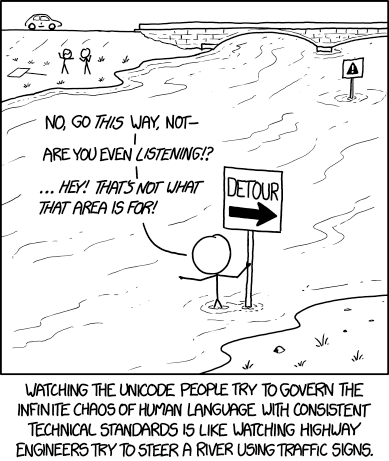I am attempting to start a new, more appropriate, thread for the discussion about the way in which the word “transformer” is being used. In this thread, after a lot of previous exchanges, I wrote:
".....As I think many/most of us actually believe (but few seem prepared to admit), IMO winston is right - but I just wish he would stop going on about it (and the other bees in his bonnet), since it's very tedious/annoying, confuses many of the forum members and is never going to achieve anything. However, given the very-long-established meaning of "transformer" in the fields of engineering and electronics, it really made no sense for some parts of industry to start using the word (concurrently) to refer to something else in those same fields, particularly since perfectly reasonable well-established terminology (PSU) was available. I've been doing things with PSUs, some of them 'switch-mode', for decades, but (no matter what dictionaries may say) I'd never come across anyone even dreaming of calling them "transformers" before the lighting industry started doing that (and it has 'spread' a bit since).
However, as I said, absolutely nothing is gained by winston re-starting this discussion at every possible opportunity. No-one is going to reverse these (IMO regrettable) changes in language which have arisen."
".....As I think many/most of us actually believe (but few seem prepared to admit), IMO winston is right - but I just wish he would stop going on about it (and the other bees in his bonnet), since it's very tedious/annoying, confuses many of the forum members and is never going to achieve anything. However, given the very-long-established meaning of "transformer" in the fields of engineering and electronics, it really made no sense for some parts of industry to start using the word (concurrently) to refer to something else in those same fields, particularly since perfectly reasonable well-established terminology (PSU) was available. I've been doing things with PSUs, some of them 'switch-mode', for decades, but (no matter what dictionaries may say) I'd never come across anyone even dreaming of calling them "transformers" before the lighting industry started doing that (and it has 'spread' a bit since).
However, as I said, absolutely nothing is gained by winston re-starting this discussion at every possible opportunity. No-one is going to reverse these (IMO regrettable) changes in language which have arisen."


